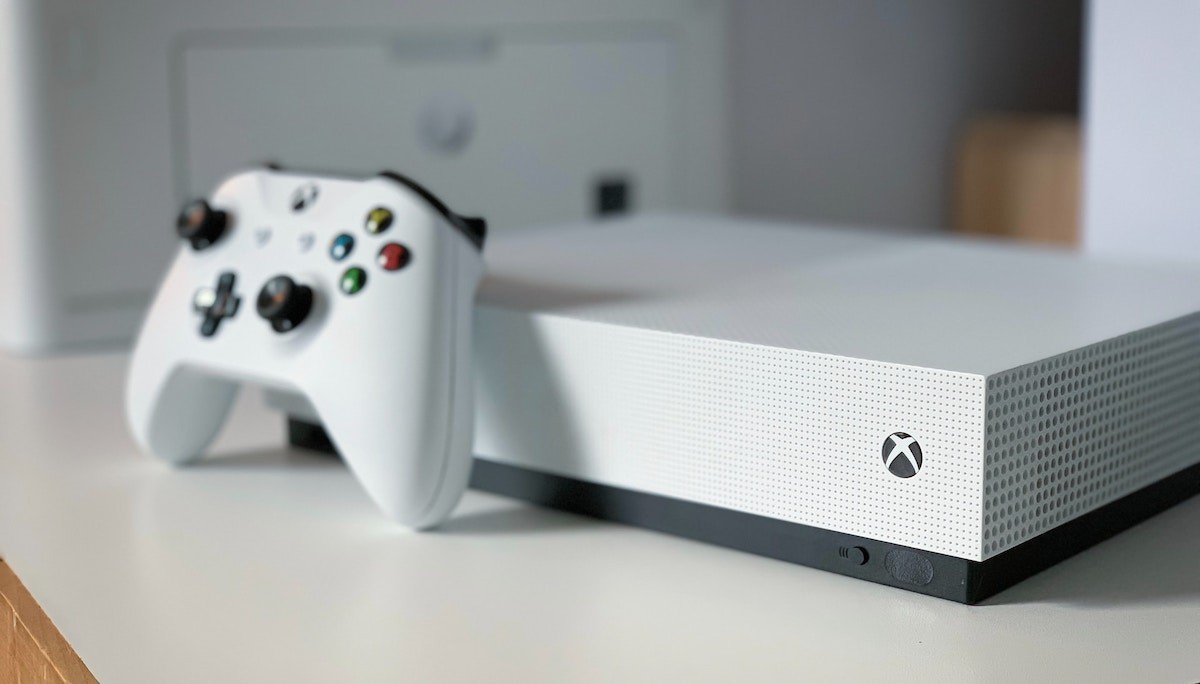Science & Tech
Microsoft Faces $20M Fine For Child Privacy Violations

Knowledge Nuggets:
- Microsoft is set to pay $20 million to the US Federal Trade Commission (FTC) for charges linked to the illegal collection of personal data from minors without parental consent, violating the Children’s Online Privacy Protection Act (COPPA).
- The FTC alleges that Microsoft collected data from children under 13 from 2015 to 2020 and disclosed some of this information to third parties.
- An FTC order requires Microsoft to enhance its privacy protections for child Xbox users and extend COPPA protections to third-party gaming publishers with whom it shares children’s data.
Tech giant Microsoft has agreed to a $20 million settlement over charges leveled by the US Federal Trade Commission that the company illegally gathered personal data from children under the age of 13 without the consent of a guardian, in violation of COPPA.
The legal ramifications of such a move are significant, given the federal mandate requiring online platforms catering to young children to actively seek parental consent before gathering and using a child’s personal information.
The FTC’s allegations spotlight an unethical data collection process from 2015 to 2020, during which Microsoft supposedly collected data from minors while setting up accounts, even when parental consent was not obtained. Moreover, some of this data was reportedly shared with third-party entities, further complicating the matter.
The substantial settlement figure does not mark the end of Microsoft’s obligations. As part of the settlement, the FTC has ordered the company to revise its privacy protection measures for Xbox users under 13.
Furthermore, these safeguards must extend to third-party game publishers who receive children’s data from Microsoft. The COPPA-protected data encompasses images and biometric and health information used by young gamers to create avatars.
The order, pending federal court approval, signifies a substantial shift in Microsoft’s policies concerning data collection and consent. The changes aim to uphold children’s privacy rights and safeguard their data against misuse, underscoring the importance of transparency and ethical practices in the digital age.
Clear Thoughts:
When our children switch on their Xbox consoles, we expect that they will experience the pure joy of gaming, not become unsuspecting targets for corporate data collection.
The recent FTC settlement with Microsoft over alleged violations of the Children’s Online Privacy Protection Act (COPPA) sends a clear message: Enough is enough.
This issue isn’t just about the $20 million fine Microsoft now has to pay. It’s about a multi-billion dollar corporation knowingly infringing on our children’s right to privacy, revealing an alarming lack of ethical judgement.
Microsoft’s alleged actions in collecting and sharing data from children without parental consent present a disquieting image of tech corporations.
Such practices highlight an apparent disregard for the laws put in place to protect our children. Is this the standard we wish to set for our future leaders?
The FTC’s intervention is a move in the right direction, but it’s only the first step. It’s high time we hold tech giants like Microsoft accountable, demanding transparency in their actions.
Our children are not data points to be bartered with third parties; they are our future, deserving of respect and protection.
This episode should serve as a wakeup call for tech companies. Just as parents have a responsibility to safeguard their children, these corporations have a duty to uphold ethical standards. The lines have been drawn. We expect better, and we will accept nothing less.

Al
June 13, 2023 at 7:21 pm
Why isn’t Bill Gates doing life in the basement of a federal penitentiary?
Drawer 22
July 9, 2023 at 8:47 pm
AL – Because “Bill Gate$.”
Glad I was able to help.
Rat Wrangler
June 14, 2023 at 9:58 am
The only way Microsoft can know the age of a client is from what the client tells them when setting up an account. The bare minimum they collect is name, email address, and birthdate. Email address cannot be false, as they send a confirmation message to it. Clients can easily lie about name and age, and the company has no way of verifying this without violating privacy laws. Any parent can go online and check a child’s account, but that only assumes that the parent knows the child has one.
Perhaps it is time for a new form of verifiable identification method. An universal ID card, freely available to all US citizens over the age of 16, could be created and used for any number of online age verification systems. Anyone without one will be treated as a child on all internet sites, and the information presented to them would be limited accordingly. Combine this with a plan to limit or remove technology from the children in schools, such as smartphones and calculators, and we might have a generation who can learn on their own again.